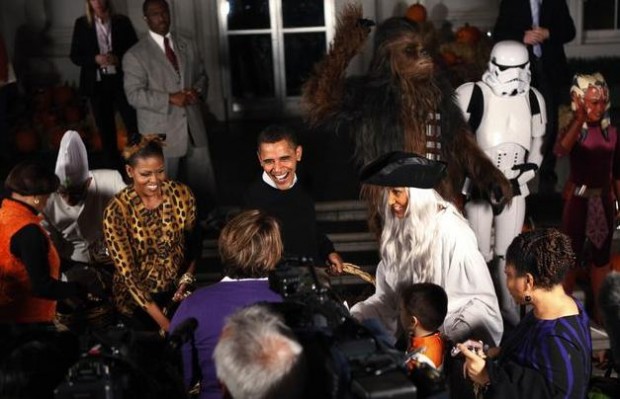Mass media can pick sides or create caricatures on any issue. It’s not always intentional but it moves the role of reporter from umpire to advocate, which puts the burden on the public to separate the straight story from the spin.
The latest case study? The Humane Society of the United States (HSUS), an animal rights group that has been leveraging the media in its advocacy campaigns for years. Advocates know if they can engage your emotions, you are closer to taking action. If they also suggest the action and it happens to be “donate now,” it’s lucrative, too.
A group called “The Humane Society” has a big advantage in the media. People like pets and have strong emotional connections to them. It’s easy to get a reaction from an audience through pictures of cute (or abused) animals. Moreover, it’s hard to appear “against” an animal protection group.
Unfortunately, having a media “untouchable” isn’t in the public’s best interests.
Consider the status quo: There is no humane society umbrella organization, but most people – 71 percent, according to recent national polling – think the Humane Society of the United States is just that. HSUS only gives 1 percent of its budget to pet shelters. Never mind the TV commercials filled with dogs and cats in cages, just like a shelter would use.
HSUS makes fundraising appeals in which more than 85 percent of the animals shown are dogs and cats even though only 1 percent of the money raised from the public is shared with pet shelters. More than 99 percent of the ads don’t have the disclaimer that HSUS assures us will protect donors from any confusion about where the money goes.
National groups raise awareness about issues. Local groups provide hands-on care for animals and the public remains largely unaware of the difference. I’ve worked for HSUS and local animal control. I understand both sides of the story.
Pet shelters can’t compete with the leverage enjoyed by HSUS. When there’s an animal-rescue situation with multiple responders, HSUS can be counted on to show up with cameras rolling for future promotions. In 2011, HSUS has put out more than 400 press releases.
So, last month, I started working on a national project to help clear up the misunderstanding called the Humane Society for Shelter Pets. Our message is simple: Know where your money’s going. Give local if you want to help pets in shelters. If you want to help a national group with political campaigns, that’s fine too.
Sadly, the response from HSUS has been rather inhumane–amplified by media complicity.
In response to my announcement that I’d joined this project, why would HSUS help another former HSUS employee make a formal complaint about me to my employer, an animal shelter in Maryland? Or ask my local paper to write about the complaint, and include a copy of the complaint (usually a confidential personnel matter) and a letter of support from HSUS CEO Wayne Pacelle, defaming the downtown PR firm that is helping us get the word out and its owner?
Sometimes it’s personal. Last year New York Times reporter Stephanie Strom wrote a hit-piece on HSUS’s critics after receiving a request from HSUS to do a story. HSUS also helped file a baseless ethics complaint in New York State that was picked up by Albany media. It didn’t matter that the complaint was bogus. The story was already written.
That’s not all. HSUS sent strangers to my workplace to question me and did the same to other people working on this project. They’ve filed Freedom of Information Act requests to have copies of all my emails and phone conversations. What that has to do with helping animals, is hard to get at.
Ironically, HSUS created a pledge for “Humane Discourse and Conduct Within Animal Welfare.” The pledge reads, in part, “Verbal attacks, threats, harassment, defamation … do not ultimately help animals.”
I agree. But if I have to defend myself against false accusations or quit helping animals altogether, I’ll be defending myself and the animals that need assistance.
Speaking truth to power often draws a hostile reaction. But thankfully, I’ve heard personally from more than 700 shelters who support our “give local” mission. The truth often prevails, as it will here. Especially once the media is ready to stop playing the fool.
Diana Culp is director of the Humane Society for Shelter Pets and former Director of Education for the Humane Society of the United States.

COMMENTS
Please let us know if you're having issues with commenting.